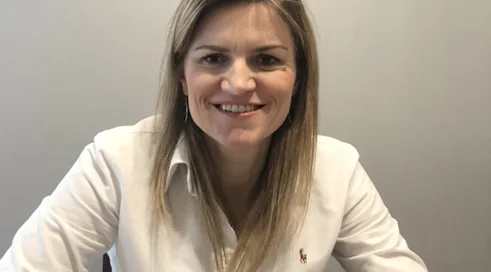In highly developed countries, the number of people suffering from various types of non-genetically determined cancers is steadily increasing. The lower age limit for the incidence of these diseases is also decreasing. According to WHO data, at least 50% of them could be avoided with conscious lifestyle changes. Another problem is also the steady increase in chronic diseases such as cardiovascular disease, obesity, diabetes, hypertension and hypercholesterolemia, which are due to lifestyle. Lack of physical activity, air pollution, stimulants and, above all, a high-calorie diet high in fats, sugars, preservatives with not enough vegetables and fruits are considered to be the main causes. The increase in popularity of fast-food due to convenience, the pace of life, unlimited access to poor-quality food make the risk of civilization diseases progress.
The urgent task of health systems in countries affected by this civilization epidemic is to reverse the trend. The need to convince societies to change their lifestyles, eating ha...
Content locked
To gain access to the complete English section of the Medexpress.pl, kindly reach out to us at [email protected].




















